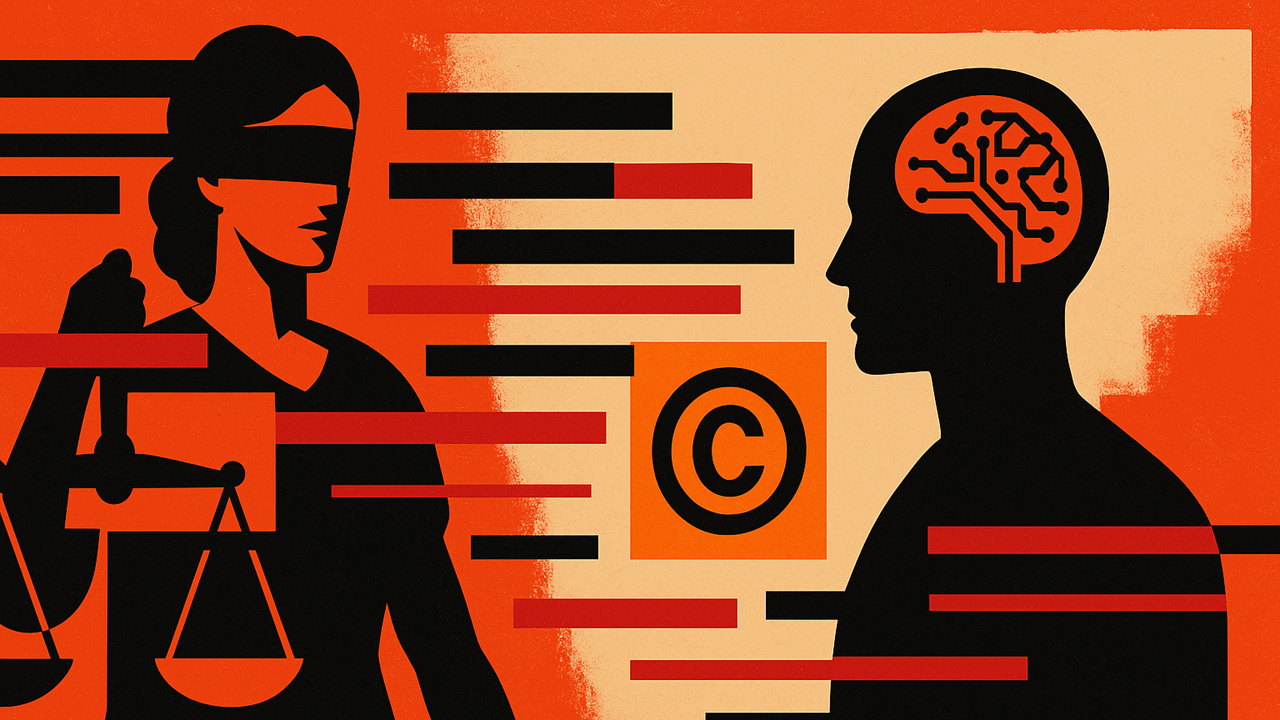
"The 85-page brief ( which you can read here), signed by Kirkland & Ellis partners Dale Cendali, Joshua Simmons and Miranda Means, defends the copyrightability of Westlaw's headnotes, the editorial summaries written by its attorney-editors, and portrays them as a hallmark of creative legal analysis rather than mere factual summaries. "For over a hundred years and as recently as 2020," TR's brief argues, "the Supreme Court has upheld 'the reporter's copyright interest in explanatory materials including headnotes.'""
"TR asserts that its headnotes are crafted through numerous creative editorial choices - how to phrase the point of law, how many headnotes to create, which facts or concepts to include, which case passages to link and how to categorize them within the West Key Number System. These choices, TR says, easily satisfy the minimal creativity required by Feist."
Thomson Reuters urged the 3rd U.S. Circuit Court of Appeals to affirm a Delaware district court ruling that ROSS Intelligence infringed Westlaw copyrights by copying thousands of attorney-written headnotes to train an AI-powered legal research tool. Thomson Reuters contends that copying protectable expression to create a competing substitute is theft and that principle applies equally in the AI context. Thomson Reuters defends the copyrightability of Westlaw's editorial headnotes, cites longstanding Supreme Court precedent upholding reporter copyright in explanatory materials, and notes the Delaware court treated 2,243 headnotes as copyrightable. Thomson Reuters emphasizes creative editorial choices that meet Feist's minimal creativity requirement.
Read at LawSites
Unable to calculate read time
Collection
[
|
...
]